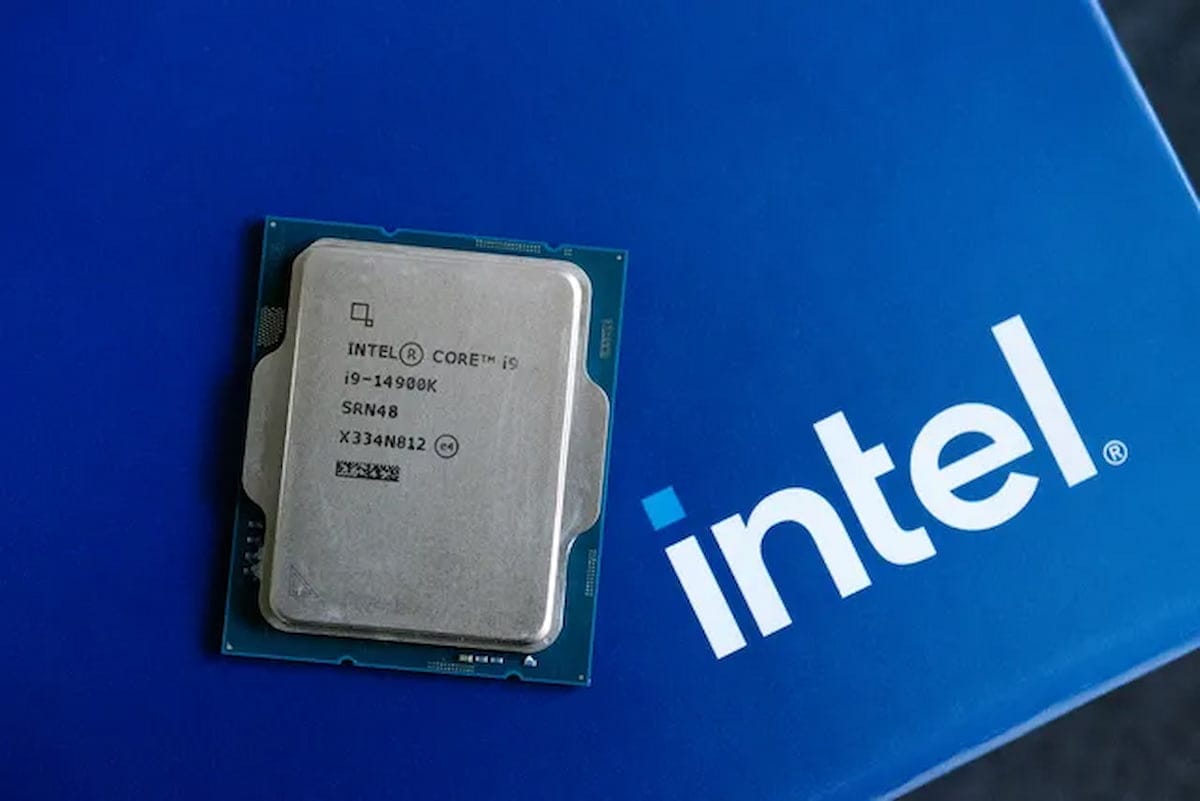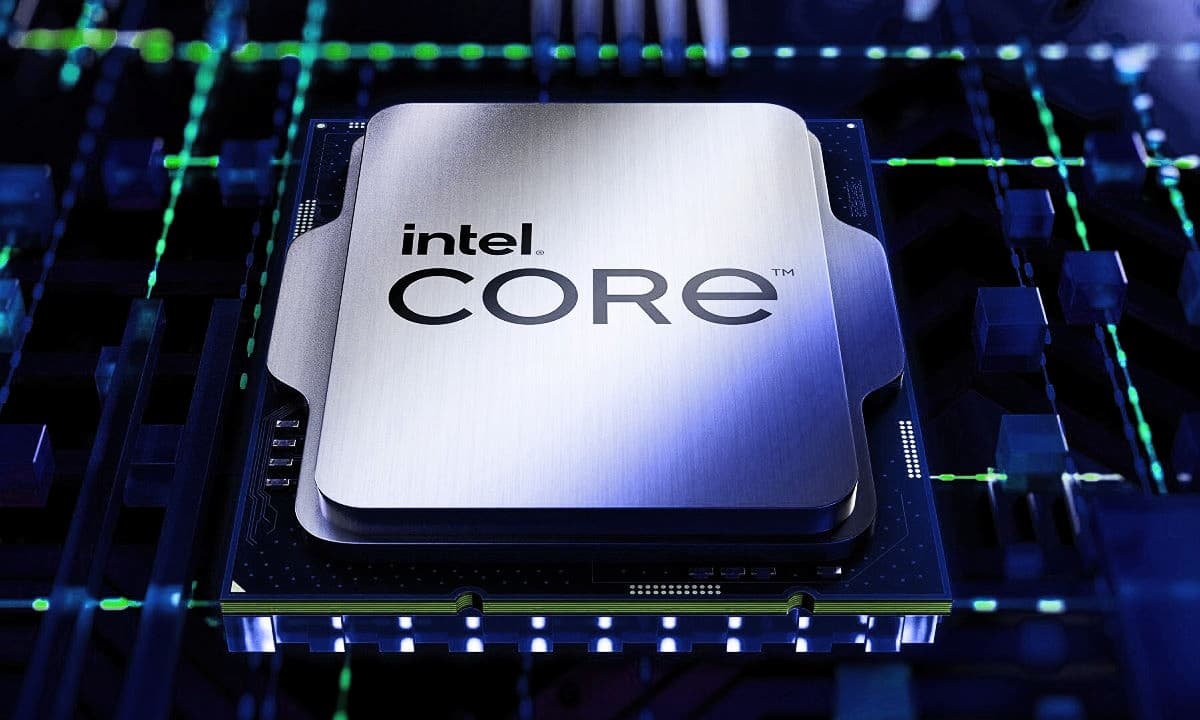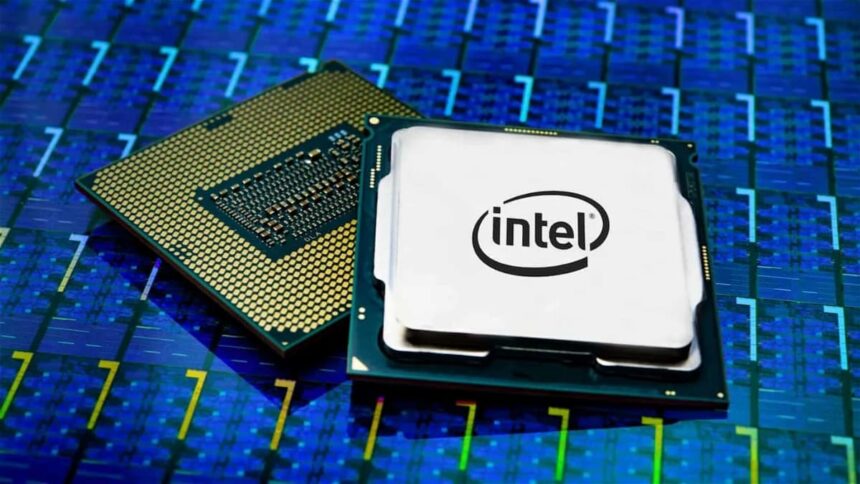Intel has been facing significant issues recently with its 13th and 14th generation ‘Raptor Lake‘ processors for desktop computers, experiencing problems such as crashes and other instabilities. This situation was particularly frustrating for users, as the root cause of these issues led to physical damage to the processors themselves.
Intel invested substantial time and resources to thoroughly investigate the source of these problems and work toward a complete resolution. According to The Verge, Intel has successfully addressed the issue, ending this ongoing challenge.
However, while the problem has been resolved moving forward, there is still no solution for processors that have already suffered physical damage. Below, we’ll provide more details on the matter.
Intel declares that they have corrected the cause of these failures in the ‘Raptor Lake chips.

This information comes directly from The Verge, who spoke with Intel spokesperson Thomas Hannaford. Hannaford confirmed that the issue with Intel’s Raptor Lake processors stemmed from Vmin shift instability. This instability led to crashes and system blockages in the desktop chips.
To fix this, Intel recently released a microcode update addressing the combination of issues responsible for the instability. The company has now confirmed that the root cause of these frustrating problems has been resolved.
However, when Intel initially rolled out this microcode update, it was unclear whether this was the sole cause of the issue or if other factors were contributing.
To explain Vmin shift instability in simpler terms, it occurred because the processors and motherboards requested excessively high voltages, which led to physical damage to the chips. This excessive voltage reduced the lifespan of the processors, causing significant concerns for users.
Fortunately, Intel’s recent update resolves this issue, though it cannot reverse the damage already done to affected processors.

Intel is now urging all users with affected processors to install the latest BIOS update for their motherboards, as this update should seamlessly resolve the issue and prevent further damage. The company believes this update will stop processors from prematurely losing their lifespan.
However, if your processor has already suffered physical damage, Intel recommends taking advantage of their extended warranty due to this failure.
In addition, Intel has published a detailed post on its blog, where they delve deeper into the root cause of the problem. They explain the origins of the Vmin instability and outline the four scenarios that led to this voltage issue in Raptor Lake chips, making it worth reviewing for anyone interested in understanding the technical background.
Suppose you own a 13th or 14th-generation Raptor Lake desktop processor and have been experiencing crashes or other issues. In that case, it is highly recommended that you update your BIOS, as Intel has already implemented the necessary corrections to solve these problems.





